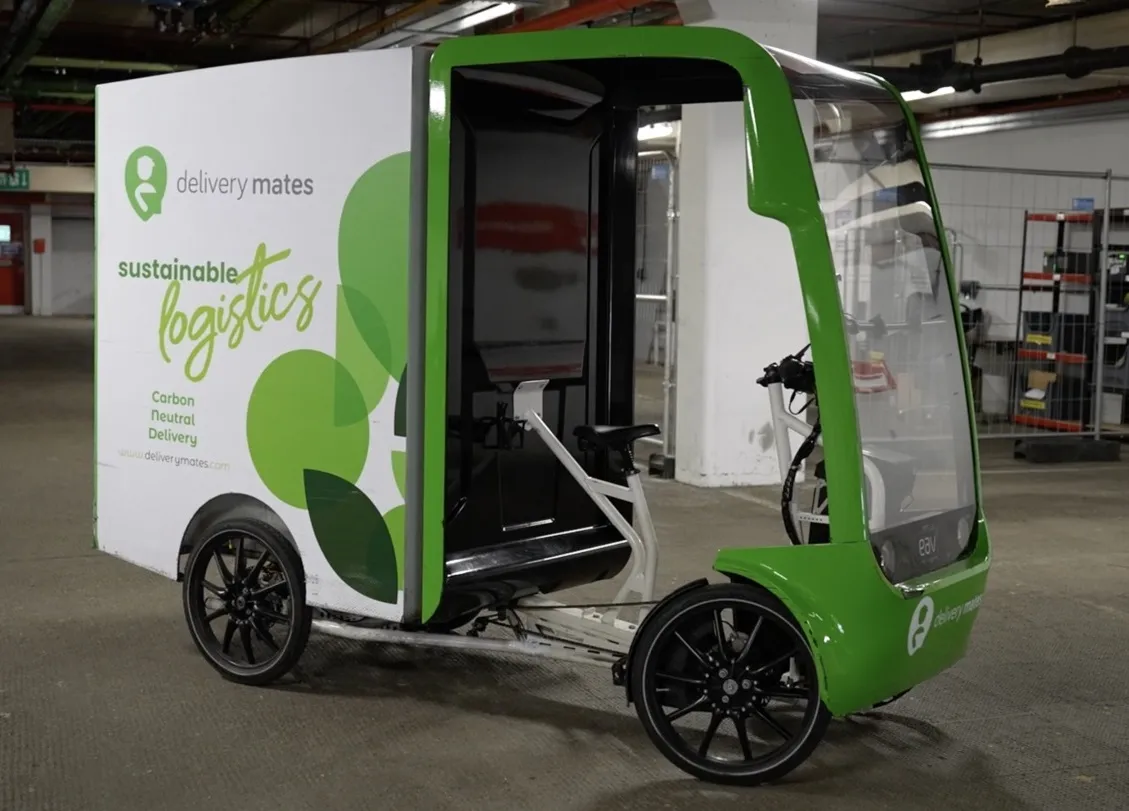Automaker Ford is launching a multi-million pound project designed to help improve air quality in London, as it accelerates its electrification plans with 13 new global electrified vehicles scheduled for introduction in the next five years.
The project, supported by Transport for London, features a 12-month trial of 20 new plug-in hybrid (PHEV) Transit Custom vans that are said to reduce local emissions by running solely on electric power for the majority of city trips such as deliveries or maintenance w
January 23, 2017
Read time: 2 mins
Automaker 278 Ford is launching a multi-million pound project designed to help improve air quality in London, as it accelerates its electrification plans with 13 new global electrified vehicles scheduled for introduction in the next five years.
The project, supported by1466 Transport for London, features a 12-month trial of 20 new plug-in hybrid (PHEV) Transit Custom vans that are said to reduce local emissions by running solely on electric power for the majority of city trips such as deliveries or maintenance work.
Ford will provide the vans to a range of commercial fleets across London, including Transport for London’s fleet, to explore how such vans can contribute to cleaner air targets while boosting productivity for operators in urban conditions – the toughest working environment for vehicles. The project is supported financially by the UK Government-funded Advanced Propulsion Centre.
Scheduled to launch in autumn this year, the trial fleet will operate in everyday use across a cross-section of city-based businesses, using a Ford telematics system to collect data on the vehicles’ financial, operational and environmental performance to help understand how the benefits of electrified vehicles can be maximised.
The Transit Custom PHEV vans in the London trial are an advanced design that allows them to be charged with mains electricity for zero-emission journeys, while featuring an efficient on-board combustion engine for extended range when longer trips are required.
The project, supported by
Ford will provide the vans to a range of commercial fleets across London, including Transport for London’s fleet, to explore how such vans can contribute to cleaner air targets while boosting productivity for operators in urban conditions – the toughest working environment for vehicles. The project is supported financially by the UK Government-funded Advanced Propulsion Centre.
Scheduled to launch in autumn this year, the trial fleet will operate in everyday use across a cross-section of city-based businesses, using a Ford telematics system to collect data on the vehicles’ financial, operational and environmental performance to help understand how the benefits of electrified vehicles can be maximised.
The Transit Custom PHEV vans in the London trial are an advanced design that allows them to be charged with mains electricity for zero-emission journeys, while featuring an efficient on-board combustion engine for extended range when longer trips are required.







